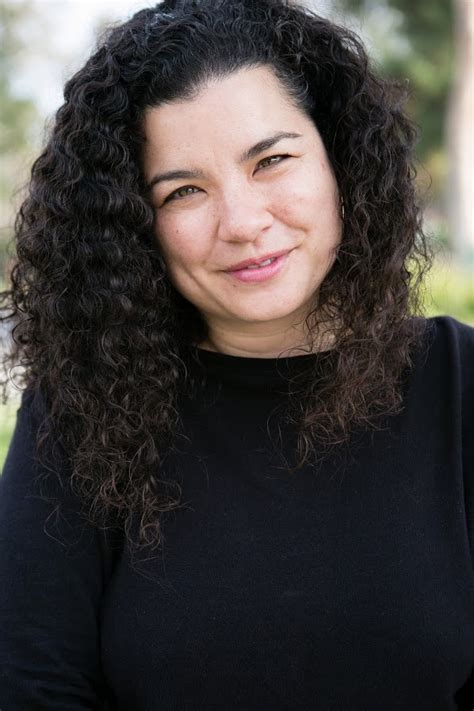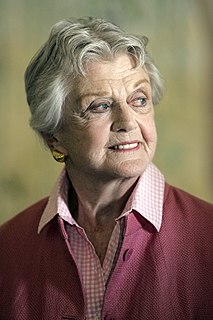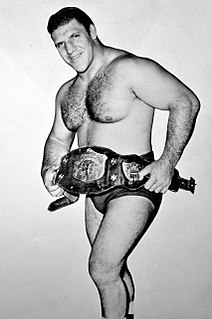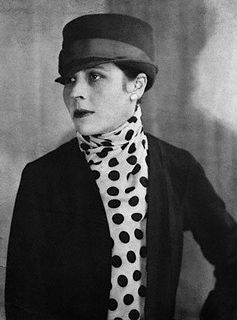A Quote by Sarah Shun-lien Bynum
This was the feeling that Ms. Hempel couldn't shake: a conviction that she spent her days among people at the age when they are most purely themselves. How could she not be depleted when she came home, having been exposed for hours, without protection, to all those thrumming radiant selves? Here they were, just old enough to have discovered their souls, but not yet dulled by the ordinary act of survival, not yet practiced in dissembling.
Related Quotes
She still had her bad days, no question, when the black dog of depression sniffed her out and settled its crushing weight on her chest and breathed its pungent dog breath in her face. On those days she called in sick to the IT shop where, most days, she untangled tangled networks for a song. On those days she pulled down the shades and ran dark for twelve or twenty-four or seventy-two hours, however long it took for the black dog to go on home to its dark master.
Where woman has taken her place in business she has found her method ready-shaped for her, and following that, she does her work,if with a certain amount of monotony, yet without undue fatigue. Her hours are fixed, and as a rule she gets needful change of scene as she goes to her business and returns to her home or the place where she lives. But the "home- maker" has not, nor can she have, any such change, and her hours are always from the rising of the sun beyond the going down of the same.
Franny has the measles, for one thing. Incidentally, did you hear her last week? She went on at beautiful length about how she used to fly all around the apartment when she was four and no one was home. The new announcer is worse than Grant - if possible, even worse than Sullivan in the old days. He said she surely dreamt that she was able to fly. The baby stood her ground like an angel. She said she knew she was able to fly because when she came down she always had dust on her fingers from touching the light bulbs.
Those were the people who made her something, and without them she was different. She'd held on to them and to that old self tenaciously, though. She clung to it, celebrated it, worshipped it even, instead of constructing a new grown-up life for herself. For years she'd been eating the cold crumbs left over from a great feast, living on them as though they could last her forever.
She sits in her usual ample armchair, with piles of books and unopened magazines around her. She sips cautiously from the mug of weak herb tea which is now her substitute for coffee. At one time she thought that she could not live without coffee, but it turned out that it is really the warm large mug she wants in her hands, that is the aid to thought or whatever it is she practices through the procession of hours, or of days.
although she went home that night feeling happier than she had ever been in her short life, she did not confuse the golf course party with a good party, and she did not tell herself she had a pleasant time. it had been, she felt, a dumb event preceded by excellent invitations. what frankie did that was unusual was to imagine herself in control. the drinks, the clothes, the instructions, the food (there had been none), the location, everything. she asked herself: if i were in charge, how could i have done it better?
She'd assumed she'd be married and have kids by this age, that she would be grooming her own daughter for this, as her friends were doing. She wanted it so much she would dream about it sometimes, and then she would wake up with the skin at her wrists and neck red from the scratchy lace of the wedding gown she'd dreamed of wearing. But she'd never felt anything for the men she'd dated, nothing beyond her own desperation. And her desire to marry wasn't strong enough, would never be strong enough, to allow her to marry a man she didn't love.
Jules has always been one of those women that men go crazy about because she has enough self-confidence to say this is me, take it or leave it. And, invariably, they take it. Or at least try to. They love the fact that she doesn’t wear makeup. That her clothes, on her tiny, petite frame, are a mishmash of whatever she happens to pull out of the wardrobe that morning. That her laugh is huge and infectious, and, most of all, that she listens. She loves life, and people, and makes time for them, and even before Jamie came along men were forever falling in love with her.
She was nervous about the future; it made her indelicate. She was one of the most unimportantly wicked women of her time --because she could not let her time alone, and yet could never be a part of it. She wanted to be the reason for everything and so was the cause of nothing. She had the fluency of tongue and action meted out by divine providence to those who cannot think for themselves. She was the master of the over-sweet phrase, the over-tight embrace.
We might have been ready to offer sympathy, but in actuality there were stronger reasons to want to congratulate her for having found such a powerful motive to feel sad. We should have envied her for having located someone without whom she so firmly felt she could not survive, beyond the gate let along in a bare student bedroom in a suburb of Rio. If she had been able to view her situation from a sufficient distance, she might have been able to recognise this as one of the high points in her life.
See beauty in those unexpected places. (she asked herself how people could let Bach be background noise.) See the opportunity in what looks like inconvenience. (she steered clear of the traffic jam and went to the bakery she's been meaning to stop at.) She embraces the undeclared possibility in what seems like just another ordinary day. (her friend is scheduled for cancer surgery and suddenly everything around her seems so very precious.)
There were days - she could remember this - when Henry would hold her hand as they walked home, middle-aged people, in their prime. Had they known at these moments to be quietly joyful? Most likely not. People mostly did not know enough when they were living life that they were living it. But she had that memory now, of something healthy and pure.






































